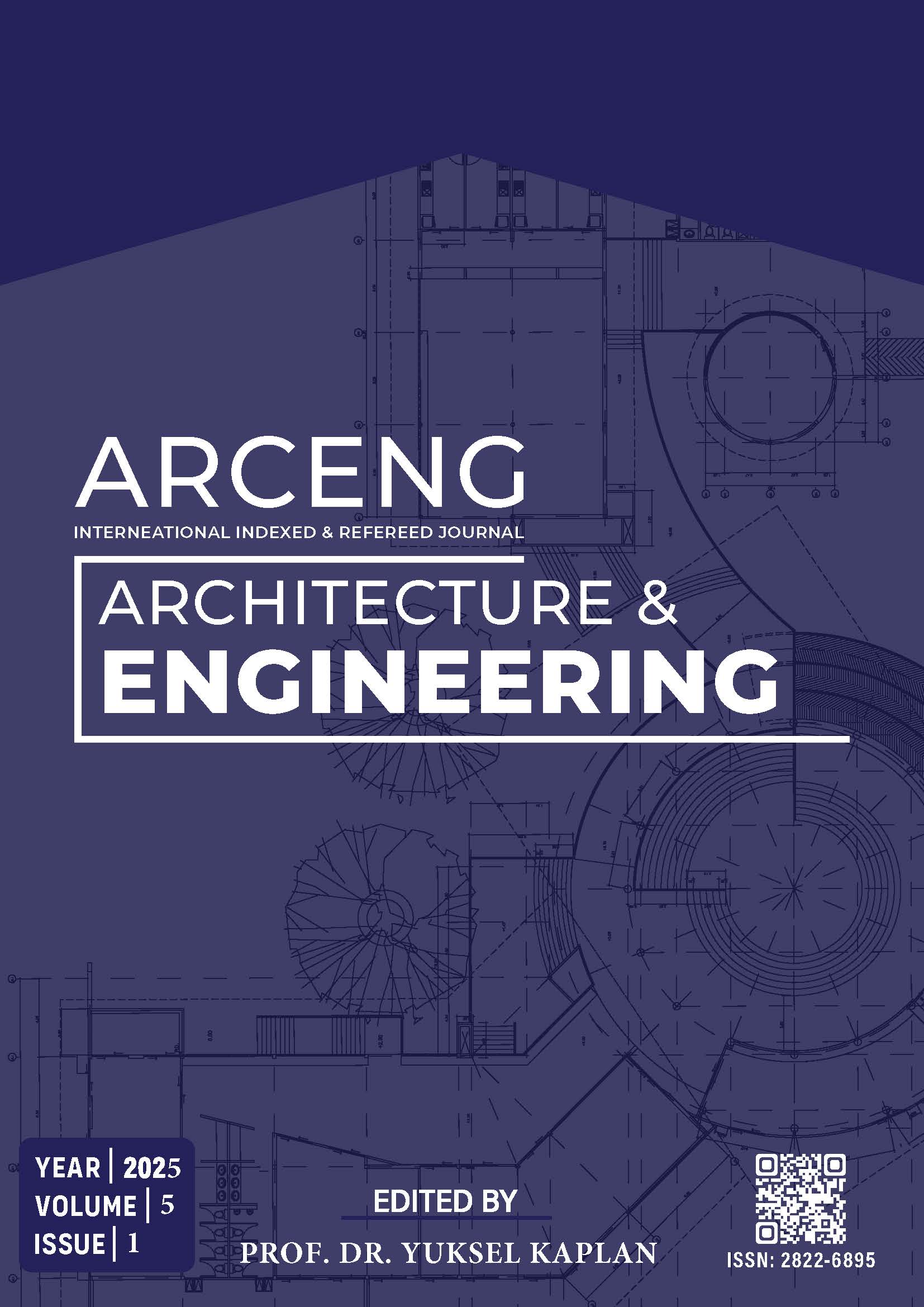Application of Physics Laboratories in the Electronic Learning Environment
DOI:
https://doi.org/10.5281/zenodo.15714317Keywords:
Electronic learning:, online education, digital education, synchronous and asynchronous models, Azerbaijani educationAbstract
Electronic learning technologies have begun to play an important role in the education system in modern times. This article extensively analyzes the essence, forms of application, advantages and problems of electronic learning. Also, the application and development prospects of electronic education in Azerbaijan are assessed. As a result of the study, it was found that electronic learning systems, in addition to creating flexibility, accessibility and personalized learning opportunities in education, need continuous improvement from a technical and methodological point of view. Digital transformation in the modern education system is developing rapidly, and this process also affects online models of physics laboratories. In traditional physics laboratories, students work with real devices, but this method is both financially expensive and, in some cases, inaccessible to all students due to limited physical resources. Electronic learning and online laboratories have emerged as an effective alternative to solve this problem.
References
Anderson, T. (2008). The Theory and Practice of Online Learning. Athabasca University Press.
Bates, A. T. (2015). Teaching in a Digital Age: Guidelines for designing teaching and learning. Tony Bates Associates Ltd.
Moore, M. G., & Kearsley, G. (2012). Distance Education: A Systems View of Online Learning (3rd ed.). Wadsworth.
Garrison, D. R., & Vaughan, N. D. (2008). Blended Learning in Higher Education: Framework, Principles, and Guidelines. Jossey-Bass.
OECD (2020). Education Responses to COVID-19: Embracing digital learning and online collaboration.
Şahbazov, R. A. (2021). Azərbaycanda rəqəmsal təhsil: Reallıqlar və perspektivlər. Bakı: Təhsil Nazirliyi nəşri.
Downloads
Published
How to Cite
Issue
Section
License
Copyright (c) 2025 ARCENG (INTERNATIONAL JOURNAL OF ARCHITECTURE AND ENGINEERING) ISSN: 2822-6895

This work is licensed under a Creative Commons Attribution-NonCommercial 4.0 International License.


